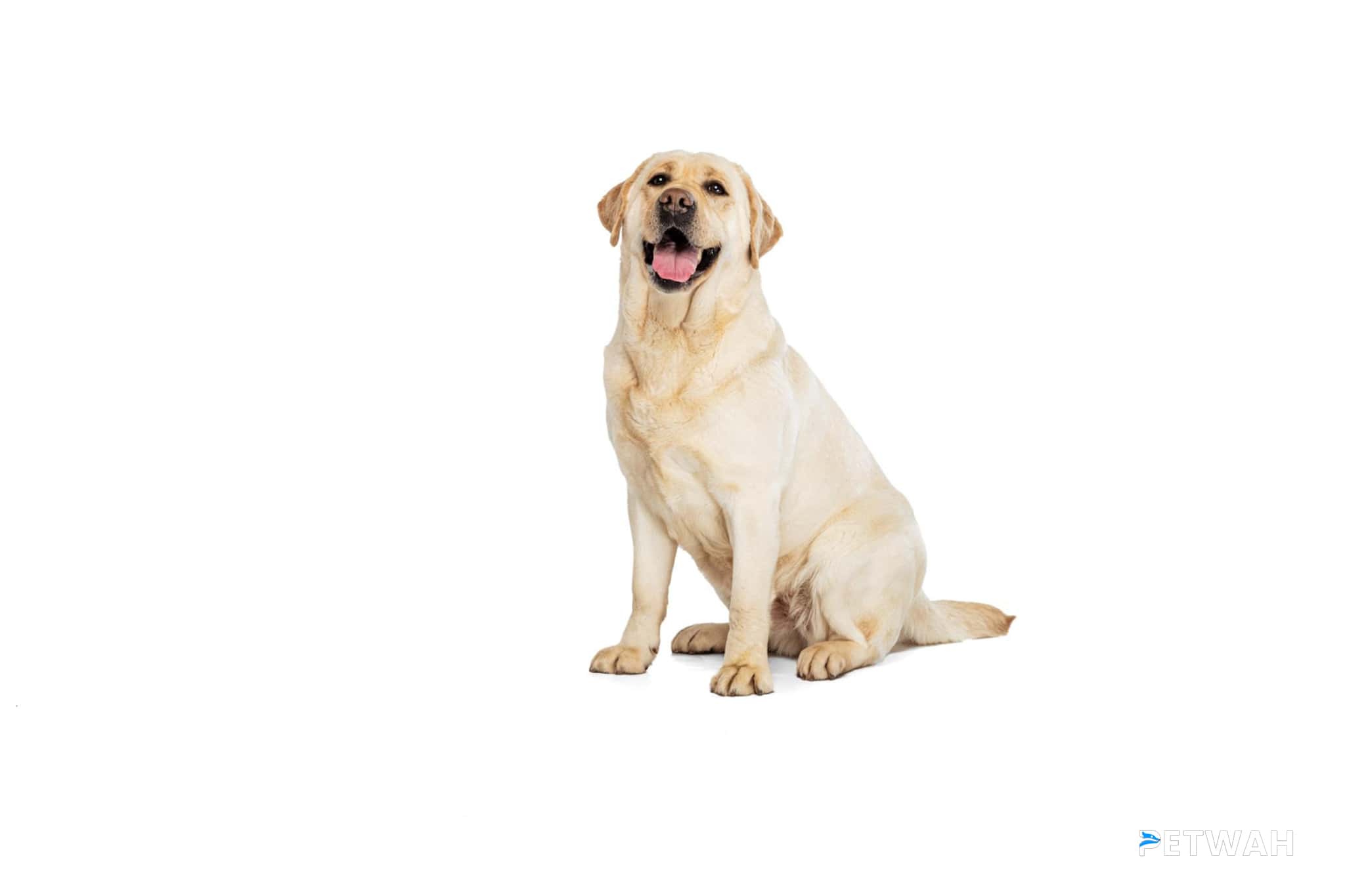As a Labrador Retriever owner, you know that these dogs are known to have healthy appetites and eat pretty much anything in their path. However, their love for food can also lead to gastrointestinal issues, which can be a cause for concern. From vomiting to diarrhea, there are a variety of digestive issues that can impact your furry friend’s health and happiness. In this blog post, we’ll provide you with valuable tips for recognizing and managing gastrointestinal issues in your beloved Labrador Retriever, so that you can help them stay healthy and happy for years to come. So, let’s dive in!
Labrador Retrievers are a breed of dogs that have a reputation for being voracious eaters, which can sometimes lead to gastrointestinal (GI) issues. As a responsible pet owner, it is essential to recognize the signs and symptoms of GI problems in your Labrador Retriever so that you can take appropriate measures to manage these issues. Here are some tips on how to identify and treat digestive problems in your furry friend.
1. Look out for signs of digestive problems
One of the first things you should do if you suspect your Labrador Retriever has a digestive problem is to observe their behavior and look out for any signs of discomfort or distress. Some of the common symptoms of GI problems in dogs include vomiting, diarrhea, constipation, bloating, abdominal pain, and loss of appetite. If your dog exhibits any of these symptoms, it’s essential to take them to the vet as soon as possible.
2. Switch to a high-quality, easily digestible diet
A diet that is high in fat, protein, or fiber can be difficult for your Labrador Retriever to digest, leading to GI problems. To manage these problems, you may want to switch to a high-quality diet that is easily digestible. Look for a dog food that is made with high-quality proteins, carbohydrates, and fats and is free from artificial preservatives, flavors, and colors.
3. Give your dog probiotics
 - Copy.jpg)
Probiotics are beneficial bacteria that help to maintain a healthy balance of microorganisms in your dog’s gut. Giving your Labrador Retriever probiotics can help to improve their digestive health and reduce the risk of GI problems. You can either give your dog a probiotic supplement or feed them probiotic-rich foods like yogurt, kefir, or sauerkraut.
4. Keep your dog hydrated
Dehydration can exacerbate GI problems in dogs, so it’s essential to ensure that your Labrador Retriever is adequately hydrated. Provide them with plenty of fresh, clean water throughout the day, and consider giving them electrolyte-rich fluids like Pedialyte if they are experiencing vomiting or diarrhea.
5. Seek veterinary care
If your Labrador Retriever is experiencing severe or persistent GI problems, it’s crucial to seek veterinary care. Your vet can perform a thorough physical exam and run diagnostic tests to determine the underlying cause of your dog’s digestive issues. They may also recommend medications or other treatments to manage the symptoms and promote healing.
gastrointestinal problems can be a common issue for Labrador Retrievers, but with proper care and attention, you can help to manage these problems and keep your furry friend healthy and happy. By following the tips outlined above and working closely with your veterinarian, you can identify and treat digestive problems in your Labrador Retriever, allowing them to enjoy a long and healthy life by your side.
Maintaining the gastrointestinal health of your Labrador Retriever is crucial for their overall well-being. By knowing the signs of digestive issues, you can catch them early and seek appropriate veterinary care. With a proper diet, exercise routine, and regular check-ups with your veterinarian, you can help your furry friend avoid gastrointestinal problems and enjoy a happy, healthy life. Remember, always consult with your veterinarian before making any changes to your dog’s diet or treatment plan. By being proactive and attentive, you can ensure that your Labrador Retriever stays healthy and happy for years to come.


%20-%20Copy.jpg)

.jpg)



